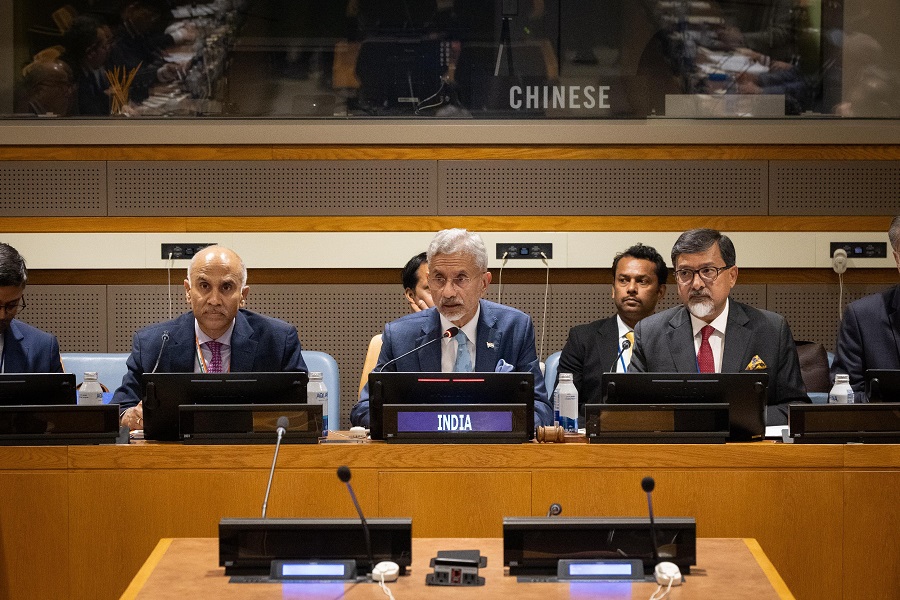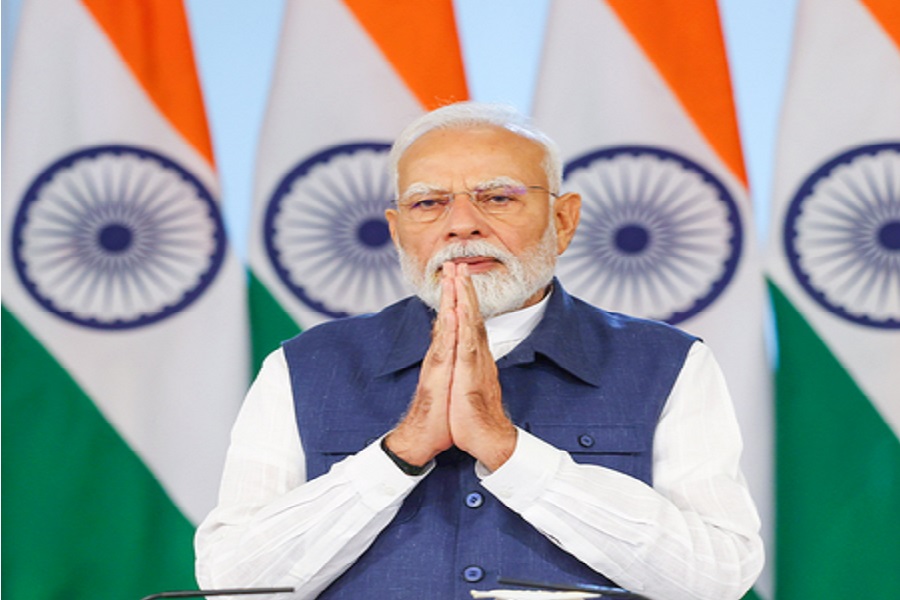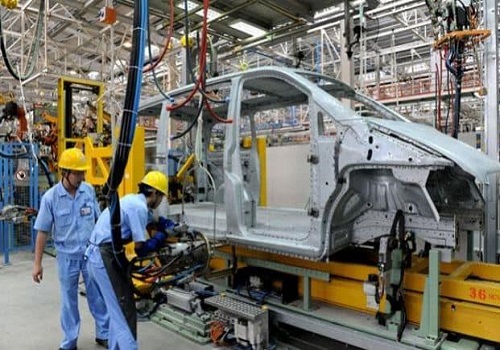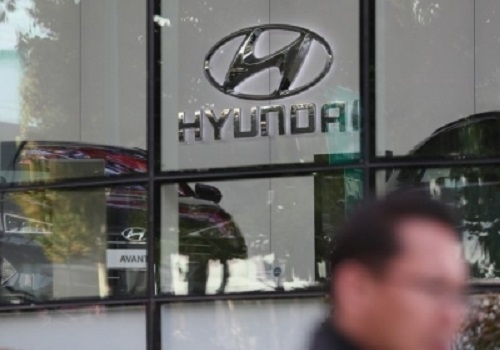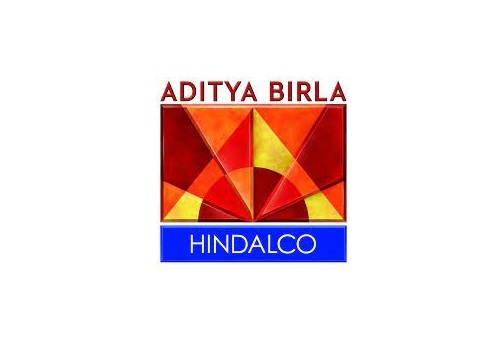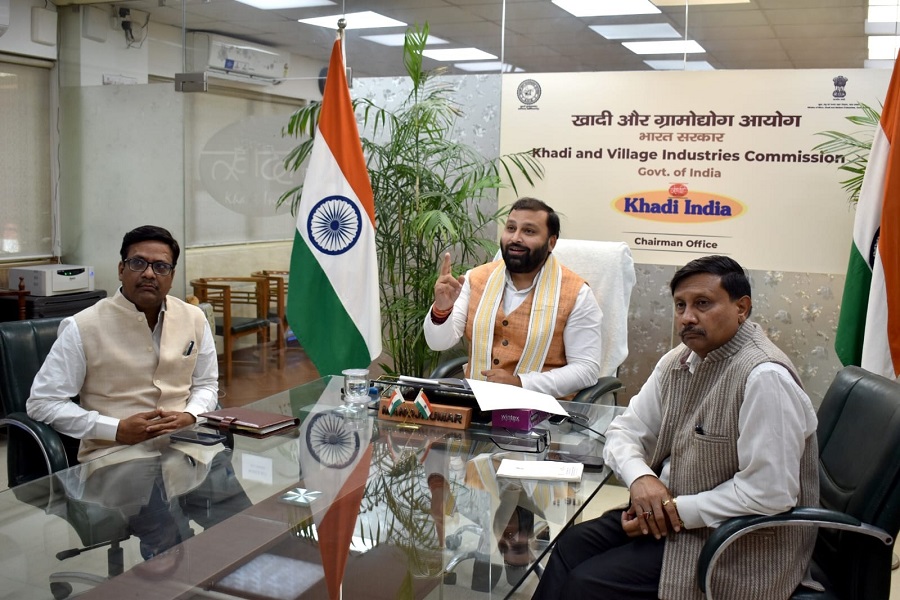Amanta Healthcare coming with IPO to raise upto Rs 126 crore

Amanta Healthcare
- Amanta Healthcare is coming out with a 100% book building; initial public offering (IPO) of 1,00,00,000 shares of Rs 10 each in a price band Rs 120-126 per equity share.
- Not more than 50% of the issue will be allocated to Qualified Institutional Buyers (QIBs), including 5% to the mutual funds. Further, not less than 15% of the issue will be available for the non-institutional bidders and the remaining 35% for the retail investors.
- The issue will open for subscription on September 1, 2025 and will close on September 3, 2025.
- The shares will be listed on BSE as well as NSE.
- The face value of the share is Rs 10 and is priced 12.00 times of its face value on the lower side and 12.60 times on the higher side.
- Book running lead manager to the issue is Beeline Capital Advisors.
- Compliance Officer for the issue is Nikhita Dinodia.
Profile of the company
Amanta Healthcare is a pharmaceutical company engaged in developing, manufacturing and marketing a diverse range of sterile liquid products - parenteral products, being packed in plastic container with Aseptic Blow-Fill-Seal (ABFS) and Injection Strech Blow Moulding (ISBM) technology. It manufactures large volume parenterals (LVPs) and small volume parenterals (SVPs) in six therapeutic segments. In addition to that, it also manufactures medical devices. It manufactures fluid therapy - (IV Fluid), formulations, diluents, ophthalmic, respiratory care and irrigation solutions in therapeutic segment and products like irrigation, first-aid solution, eye lubricants etc. in medical device segment. It offers wide range of closure systems, such as nipple head, twist-off, leur-lock and screw types and container fill-volume ranging from 2ml to 1000 ml.
It markets its products through three strategic business units namely (a) national sales, (b) international sales and (c) product partnering with various foreign and Indian pharmaceutical companies. It manufactures diverse generics product portfolio of over 45 products and market them under its own brands in the Indian market through a network of over 320 distributors and stockists. It sells its products in various countries including the Africa, Latin America, UK and the Rest of the world. The company’s products are currently registered with 19 countries and have a compliance track record with a range of regulatory regimes across these markets. During the Fiscal 2025, it exported branded products to 21 countries. In product partnering, the company undertakes manufacturing for various pharmaceutical companies.
Its formulation and development operations help it to develop new formulation as well as modify / improve the formulation for its own brand as well as its customers for product partnering business. It has a dedicated Formulation and Development (F&D) and quality control laboratory located at its manufacturing facility in Hariyala, District Kheda, Gujarat. It has four LVPs manufacturing lines, which include two lines of conventional single port containers with ABFS technology and two lines for SteriPort products with ISBM technology. Similarly, it has three operational SVPs manufacturing lines, which includes two ABFS lines and one conventional three-piece container filling lines.
Proceed is being used for:
- Funding capital expenditure requirements for civil construction work and towards purchase of equipment, plant and machinery for setting up new manufacturing line of SteriPort at Hariyala, Kheda, Gujarat
- Funding capital expenditure requirements towards civil construction work, purchase of equipment, plant and machinery for setting up new manufacturing line for SVP at Hariyala, Kheda, Gujarat
- General corporate purposes
Industry Overview
The pharmaceuticals industry is driven by a number of demographic and macroeconomic factors, such as lifestyle changes, which have led to more chronic diseases (diabetes, cancer and cardiovascular diseases); increased uptake of medicines owing to higher per capita income and awareness; wider spread and availability of health insurance; and population growth. These factors are expected to drive growth of the pharmaceuticals industry. Global healthcare spending has been rising in sync with economic growth. As economy grows, public and private spending on health grows, too. Further, sedentary lifestyle has heightened the risk of chronic diseases, which is also raising healthcare spending. This is evident primarily in fast-growing economies. Furthermore, Covid-19 pandemic has also contributed to increased healthcare expenditure due to increasing focus on healthcare by the governments.
Meanwhile, The Indian domestic formulation industry can be categorized into the chronic therapies segment and acute therapies segment. The chronic segment mainly comprises of anti-diabetic, cardiovascular, oncology etc. The acute segment mainly comprises of anti-infectives, gastro-intestinal, pain and analgesics etc. As of fiscal 2024, chronic therapies and acute therapies constituted 53% and 47% of the total domestic formulation market, respectively. As of fiscal 2024, anti-diabetic and cardiovascular were some of the largest therapeutic segments catered by the Indian formulations industry in chronic therapies segment, together accounting for nearly one-fourth share of the Indian domestic formulation market. As the prevalence of chronic diseases have grown in the country, chronic diseases such as diabetes and cardiovascular disorders are more prevalent in the Indian population. Anti-diabetic constituted approximately 9% of all therapies catered by Indian domestic formulation market.
Similarly, cardiovascular constituted to approximately 13% of all therapies catered by Indian domestic formulation market. Sedentary lifestyles along with poor dietary habits have resulted in growing incidence of chronic diseases in Indian population, which is expected to drive the growth of therapies such as anti-diabetic and cardiovascular in the next few years. In the acute segment, anti-infectives, gastro-intestinal and pain and analgesics are some of largest therapeutic areas catered in the Indian domestic formulation market. The chronic therapies segment in the Indian domestic formulation market is expected to register higher growth at a CAGR of 8.5-9.5% from fiscal 2024 to fiscal 2029 than the acute therapies segment which is expected to register a CAGR of 7.0-8.0% from fiscal 2024 to fiscal 2029.
Pros and strengths
Well established manufacturer of pharmaceutical formulations: Incorporated in the year 1994, it has well diversified product portfolio with product group of six therapeutic segments viz; fluid therapy, formulations, diluents, ophthalmic, respiratory care and irrigation solutions. In terms of container offerings, it offers wide range of closure systems, such as nipple head, twist-off, leur-lock and screw types and container fill-volume ranging from 2ml to 1000 ml. The company has a portfolio of 47 products registered across 120 international jurisdictions. The diverse product portfolio is giving it consistency and sustainability in business.
Large manufacturing capabilities: The company’s aim is to make quality an integral part of its culture. It has demonstrated its track record with respect to regulatory inspections of its manufacturing facility which it attributes to the implementation of quality systems and processes at its manufacturing facility. Its manufacturing facility is spread over 66,852.00 sq meters of land located at village Hariyala, District Kheda, Gujarat. It has two manufacturing blocks, utility blocks, centralized QA/QC and administrative office buildings. It has four LVPs manufacturing lines, which include two lines of conventional single port containers with ABFS technology and two lines for SteriPort products with ISBM technology. Similarly, it has three operational SVPs manufacturing lines, which includes two ABFS lines and one conventional three-piece container filling lines.
Wide domestic and international marketing network: It has sales, marketing and distribution capabilities in India. It has over 320 distributors/stockist network supported by sales team of approximately 96 people. It primarily sells its products to distributors in India, who in turn supplies to Hospital and Nursing Homes, etc. Further, the integration of its information technology systems with its sales and distribution infrastructure enables it to standardize its processes, reduce cost, enhance productivity, improve workflow and communications and improve its risk control mechanisms. It has implemented Pharma Cloud, which handles all its sales and distribution transactions, demand planning and sale forecasting process. It also uses sales force automation tools to make its sales staff more productive.
Experienced management team: The company is led by a qualified and experienced management team that has the experience and vision to manage and grow its business. Its Promoter, Chairman and Managing Director, Bhavesh Patel has around 30 years’ industry experience in the field of manufacturing and marketing of pharmaceutical products. In addition to its Promoters, its senior management team is also experienced in the pharmaceutical industry and possess a range of qualifications, including graduate and post-graduate degrees in Accounts, science and pharmacy. Its Managing Director and Promoter is associated with company since inception. The knowledge and experience of its Promoter, along with senior management, and its team of dedicated personnel provide it with a significant competitive advantage as it seeks to expand into new products, grow its existing markets and enter new geographic markets.
Risks and concerns
Significant revenue comes from limited customers: Reliance on a limited number of customers for its business may generally involve several risks. While it has developed relationships with certain of its customers, there can be no assurance that its significant customers in the past will continue to place orders or maintain the current level of business with it in the future. In order to retain some of its existing customers, it may also be required to offer terms to such customers which may place restraints on its resources. The loss of one or more of these significant customers or a significant decrease in business from any such key customer, whether due to circumstances specific to such customer or adverse market conditions affecting the pharmaceutical industry or the economic environment generally, may materially and adversely affect its business, results of operations and financial condition.
Geographical constrain: The company’s entire manufacturing facility is located at a single location, and all of the company’s manufactured products are produced from such facility in village Hariyala, district Kheda, Gujarat. Any delay in production at, or shutdown of, its manufacturing facility due to various factors such as shortage of electrical power or water resources, political instability, industrial accidents or machinery breakdowns, severe weather conditions, natural disasters, and outbreak of infectious diseases may in turn adversely affect its business, financial condition and results of operations.
Rely on limited suppliers for raw material: The company relies on a number of suppliers for the raw materials required for its manufacturing operations. The company has procured 75.56%, 71.50% and 70.65% of its raw material from top 10 suppliers in FY25, FY24 and FY23 respectively. The loss of these suppliers, or any fluctuation in the prices of these raw materials may have an adverse effect on its business, results of operations and financial conditions.
Stiff competition: The domestic and international pharmaceutical industry is highly competitive with several major pharmaceutical companies present. The company’s products face intense competition from products commercialized or under development by competitors in the pharmaceutical industry. It may not be able to sustain its market position and market share as it competes with regional or multi-national companies. If its competitors gain significant market share at its expense, particularly in brands and the therapeutic areas which contribute to a significant portion of its total revenue, its business, financial condition, cash flows and results of operations could be adversely affected.
Outlook
Amanta Healthcare is a pharmaceutical company that specializes in the development, manufacturing, and marketing of a diverse array of sterile liquid products, specifically parenteral products, which are packaged in plastic containers utilizing ABFS and ISBM technologies. The company is also a manufacturer of medical devices. The company is well-established manufacturer of pharmaceutical formulations with a diverse product portfolio and diverse market. On the concern side, the company’s entire manufacturing facility is located at a single location in village Hariyala, district Kheda, Gujarat and Any delay in production at, or shutdown of, its manufacturing facility due to various factors may affect its business, financial condition and results of operations. Moreover, the company relies on limited suppliers for its raw material i.e., LDPE (Low Density Polyethylene) and PP granules (Polypropylene) and loss of these suppliers, or any fluctuation in the prices of these raw materials may have an adverse effect on its business, results of operations and financial conditions.
The issue has been offering 1,00,00,000 shares in a price band of Rs 120-126 per equity share. The aggregate size of the offer is around Rs 120 crore to Rs 126 crore based on lower and upper price band respectively. Minimum application is to be made for 119 shares and in multiples thereon, thereafter. On performance front, the company’s revenue from operations decreased by 2.01% from Rs 28,034.03 lakh in Fiscal 2024 to Rs 27,470.82 lakh in Fiscal 2025, primarily due to a decrease in the sale of products by 2.02% from Rs 27,237.79 lakh in Fiscal 2024 to Rs 26,687.31 lakh in Fiscal 2025. Moreover, the company’s restated profit for the year in Fiscal 2025 was Rs 1,050.07 lakh compared to a restated profit for the year of Rs 363.32 lakh in Fiscal 2024 which is an increase by 189.02%.
Currently, the company has four LVPs manufacturing lines, which include two lines of conventional single port containers with ABFS technology and two lines for SteriPort products with ISBM technology. Similarly, it has three operational SVPs manufacturing lines, which includes two ABFS lines and one conventional three-piece container filling lines. It manufactures LVPs and SVPs in six therapeutic segments. It operates in three product group segments viz; (1) Large Volume Parenteral, Nipple Head (Single Port), (2) SteriPort (Two Ports) and (3) Small Volume Parenteral. The margin profile of all the three businesses are different. The margin profile ranges from 20% to more than 60% depending upon the product. It is experiencing short supply in these segments and intends to expand the capacity in these two segments. By expanding its manufacturing capacity in these areas, it will be able to expand its product offering.
